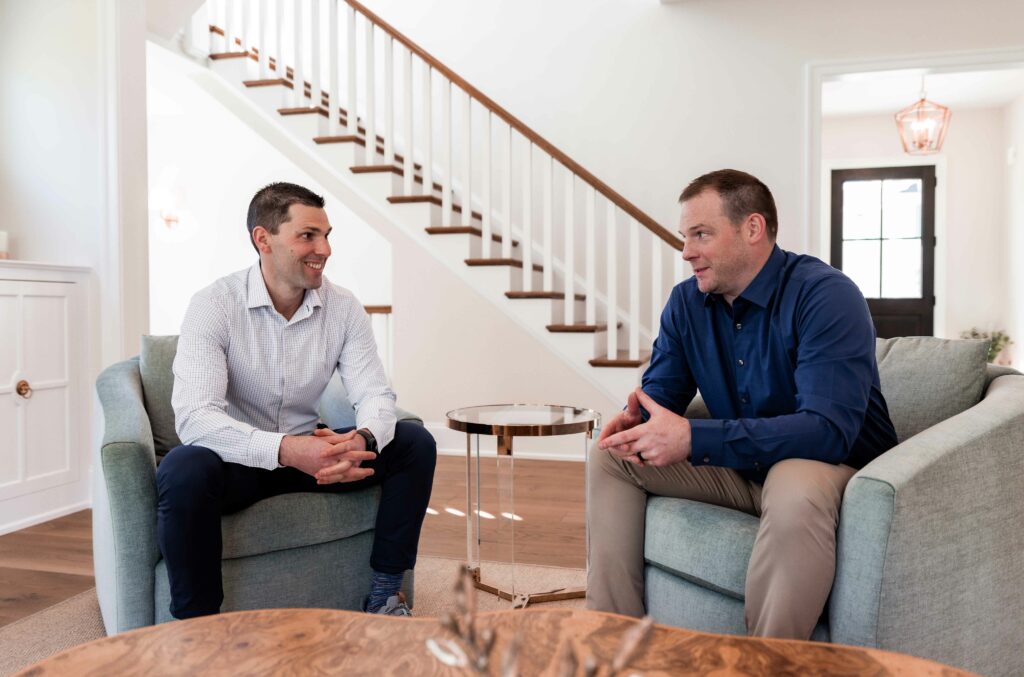
Your Guide to Managing Resident Complaints Effectively
As a landlord or property manager, one of the key challenges you’ll inevitably face is handling resident complaints. Whether it’s noise disturbances, maintenance issues, or neighbor disputes, addressing these concerns promptly and effectively is crucial for maintaining tenant satisfaction and fostering a positive living environment for everyone. Here’s a comprehensive guide on how to handle resident complaints like a pro:
1. Establish Clear Communication Channels
Open and clear communication is the cornerstone of effective complaint management. Ensure that your tenants know how and when to reach you with their concerns. Provide multiple contact options such as email, phone, and even a dedicated online portal if feasible.
2. Act Promptly
When a complaint arises, respond promptly. Even if you can’t resolve the issue immediately, acknowledging receipt of the complaint and outlining the next steps can go a long way in reassuring tenants that their concerns are being taken seriously.
3. Listen Actively
When speaking with tenants about their complaints, listen actively and empathetically. Let them explain the issue fully without interruption. This shows respect for their concerns and helps you better understand the problem.
4. Investigate Thoroughly
Once you have a clear understanding of the complaint, investigate the issue thoroughly. This may involve inspecting the property, speaking with other tenants or neighbors involved, or reviewing any relevant documentation.
5. Prioritize Solutions
After gathering all necessary information, prioritize finding a solution that is fair and reasonable for all parties involved. In some cases, you may need to consult legal obligations or lease agreements to ensure compliance.
6. Communicate the Resolution
Once a resolution is reached, communicate it clearly to the tenant(s) involved. Be transparent about what actions will be taken and any timelines associated with the resolution process.
7. Follow Up
After resolving a complaint, follow up with the tenant to ensure that they are satisfied with the outcome. This step shows that you value their feedback and are committed to maintaining a positive living environment.
8. Document Everything
Keep detailed records of all complaints received, actions taken, and resolutions reached. This documentation not only helps in tracking trends or recurring issues but also serves as protection in case of future disputes.
9. Address Root Causes
Where possible, strive to address the root causes of complaints to prevent them from recurring. This might involve making improvements to the property, updating policies, or providing additional tenant education.
10. Seek Professional Help if Needed
For complex or legal issues, don’t hesitate to seek professional advice from a lawyer or property management expert. This ensures that you handle the situation in accordance with relevant laws and regulations.
By following these steps, you can effectively manage resident complaints and create a positive renting experience for your tenants. Remember, proactive communication and swift action are key to maintaining a harmonious landlord-tenant relationship. Stay tuned to the DoorLife Property Management blog for more tips and insights on property management best practices!
